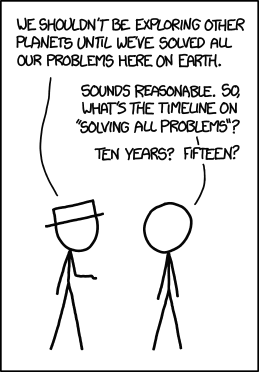Still here. Not so many posts here over the past twelve months.
Working on making that change.
When I started this, blogs were pretty much the only way to share your thinking. A lot more choices today, although of late the emphasis seems to have shifted more toward ‘sharing’ than ‘thinking’. Both make the world a better place; striking the balance isn’t magically easy.Â
Two efforts have cut into my capacity to share here. Each is moving into a phase where the balance is shifting to a more even split between thinking and sharing. Each will generate footprints here.
The first was finishing and publishing Think Inside the Box: Discover the Exceptional Business Inside Your Organization (WCG Press, 2013). This was a joint effort with my friend Tim Nelson.
My favorite (i.e. most ego gratifying) bit of feedback so far came from Richard Koch, author of The 80/20 Principle, in a review in the Huffington Post. Here’s what Koch had to say about the book:
I’m really excited! I’ve just stumbled across the best new technique for boosting the performance of any business. And guess what — the method is brilliantly retro. But even trend-setters and worshippers of the new new thing can’t afford to ignore the technique. Quite simply, it’s the best strategic display since the BCG Growth Share Matrix.
Richard Koch, Author of The 80/20 Principle:
review in the Huffington Post  - 08/05/2013
You can learn more about the book and the work behind it at Insidethe8020box.com.
The second effort has been work on developing a business/service concept called Collaborating Minds. It’s an effort to create a hybrid between what we know about large technology-augmented groups and high-performance teams.Â
So, stay tuned.Â
